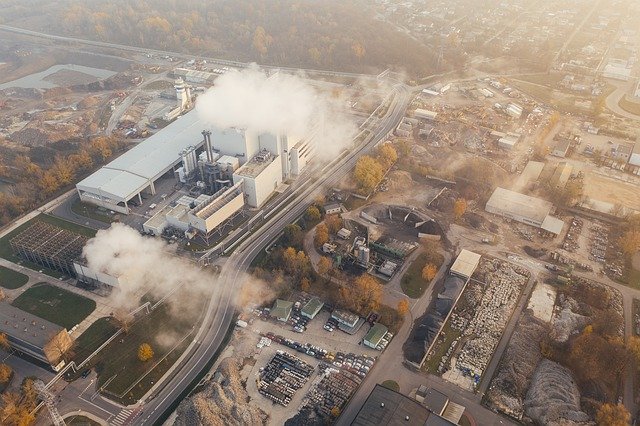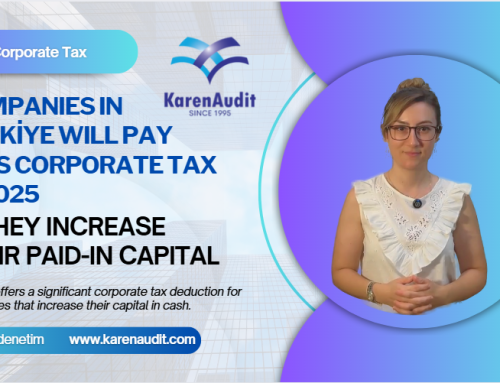Poor households in Germany and France pay up to $2 more per ton of emitted carbon dioxide than their higher-income compatriots. That is because products and services that wealthier people are likelier to consume—such as imported goods and travel outside the European Union—are exempt from carbon pricing. In other words, carbon pricing is regressive, meaning the poor pay proportionally more than the rich, as a share of their income.
New IMF research shows that correcting that distortion, in other words, equalizing carbon prices across countries, would spread the economic burden of emission reductions more evenly across households and alleviate the weight on poorer Europeans.
It is not only a socially fair objective. This would also be economically more efficient. It would ensure that cheaper emissions reduction options are implemented first, which would lower the cost of achieving European countries’ emission targets. And it would also distribute the cost of emissions reduction across firms, sectors, and countries.
The average highest-income household in Europe paid about $10.75 per ton of carbon dioxide in 2020. As the Chart of the Week shows, the lowest-income households pay on average $1.25 more. This gap rises to $1.75 and $2 in countries such as Germany and France, and $5 in Bulgaria.
Making carbon prices more uniform within countries and, better yet, across countries, would help equalizing the burden of cutting greenhouse gas emissions within EU countries.
In fact, a global price would be most effective in this regard, as it would raise carbon pricing embedded in EU households’ imports. Because such a scheme would also imply large differences in burdens across countries, one possible alternative is the IMF’s carbon price floor proposal, which could promote economic efficiency. The ongoing extension of carbon pricing to road transport and heating fuels should also make carbon pricing less regressive.
EU economies will likely remain more open (on average) and apply higher carbon prices than their trade partners. So, the revenues from pricing domestic carbon emissions will continue to exceed the carbon pricing costs embodied in European household consumption bundles. This should allow the burden of carbon pricing on lower-income households to be eased.
Source: IMF – by Geoffroy Dolphin, Magnus Merkle
Legal Notice: The information in this article is intended for information purposes only. It is not intended for professional information purposes specific to a person or an institution. Every institution has different requirements because of its own circumstances even though they bear a resemblance to each other. Consequently, it is your interest to consult on an expert before taking a decision based on information stated in this article and putting into practice. Neither Karen Audit nor related person or institutions are not responsible for any damages or losses that might occur in consequence of the use of the information in this article by private or formal, real or legal person and institutions.







